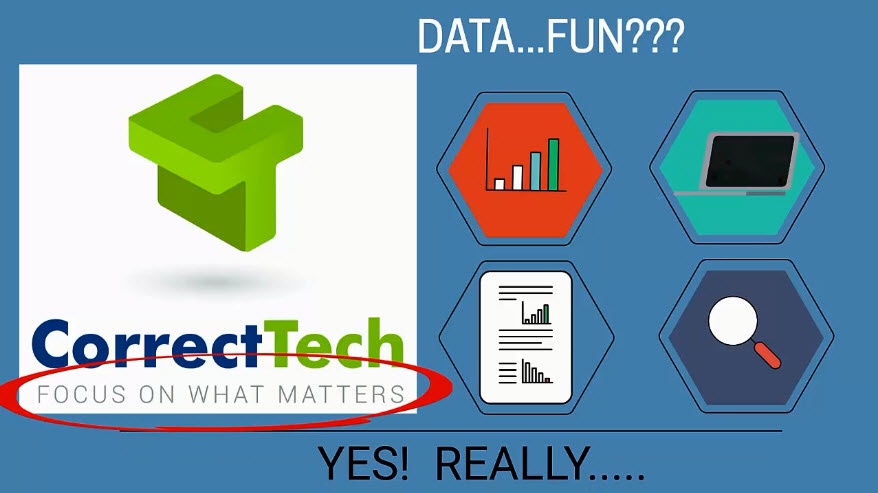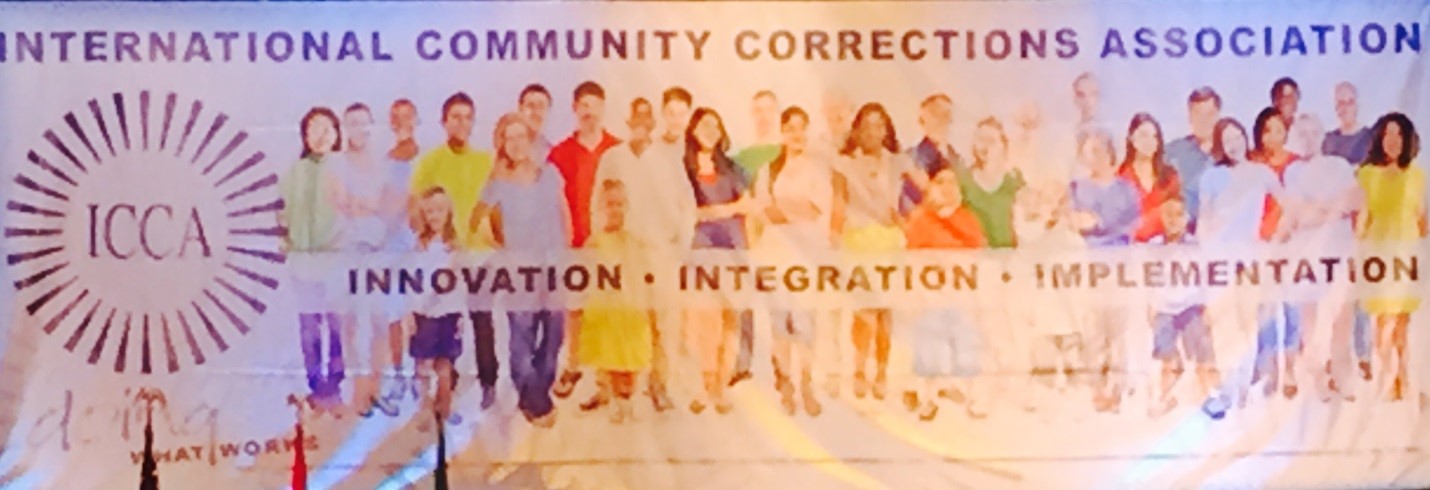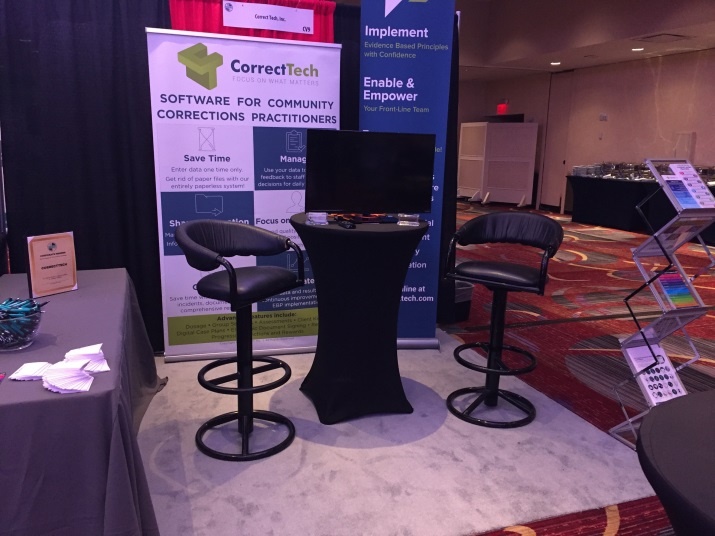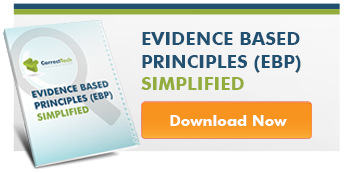Spring is when the sunshine returns, the season of renewed hope and second chances. This spring, we want to share with you the story of a man who found hope during the darkest days of his life. His story speaks to the incredible power of faith and love – and to the fact that even when the world seems darkest, there is a next chapter to come.
Mentor, father, veteran. Son of a strong loving mother, youth basketball star and Nebraska State High School Powerlifting Champion. Bobby Smith has embodied many roles in his life and now, as a Mentor Coordinator for Total Action for Progress (TAP) in Roanoke, VA, he says the one that most defines him is ‘encourager of others’. But it is only in the past few years that Bobby has been free to share his gift of encouragement with the world. That’s because for twenty-two years prior, Bobby wasn’t free – he was serving time as a Federal Bureau of Prisons inmate.
Read More






